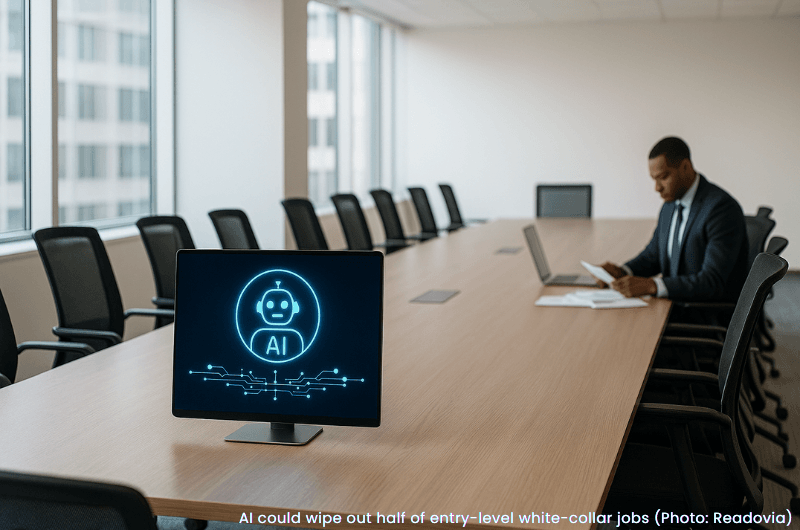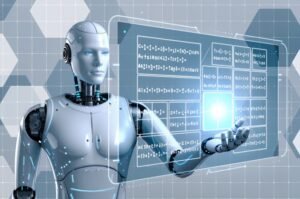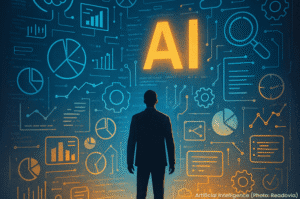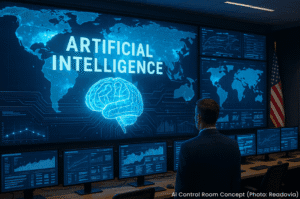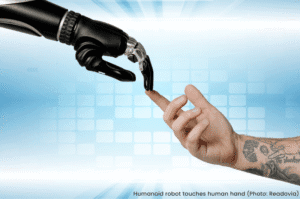The robots aren’t coming — they’re already filling out your spreadsheets.
Artificial intelligence could eliminate as much as 50% of entry-level white-collar jobs within five years, according to Dario Amodei, CEO of leading AI company Anthropic. The stark warning comes as businesses across finance, tech, legal, and consulting sectors accelerate the adoption of generative AI tools — tools capable of drafting contracts, analyzing financial reports, and summarizing massive data sets in seconds.
Speaking at a recent conference, Amodei cautioned that the shift could spike the national unemployment rate from 4.2% to as high as 20%, marking what he called a “white-collar bloodbath.”
This isn’t the alarmism of futurists — it’s a reality already playing out. Entry-level jobs once viewed as stepping stones — paralegals, junior analysts, content coordinators, financial associates — are being quietly phased out or redefined, often replaced by AI systems that don’t take breaks or draw salaries.
Companies argue that AI is enhancing efficiency and reducing redundancy. But critics warn that we’re watching the ladder to the middle class collapse in real time.
Amodei’s message wasn’t all doom. He emphasized the potential for AI to create new job categories and transform the workplace in positive ways — if government, education systems, and the private sector act quickly to reskill workers and manage the disruption.
Still, the sense of urgency is clear. The AI revolution isn’t just about innovation anymore. It’s about survival in the shifting landscape of work.
The Author

Jewel Perry
Editor-in-Chief, Readovia

